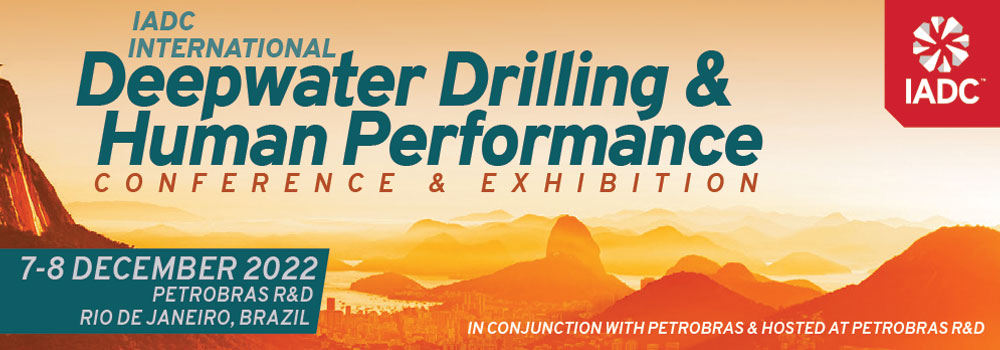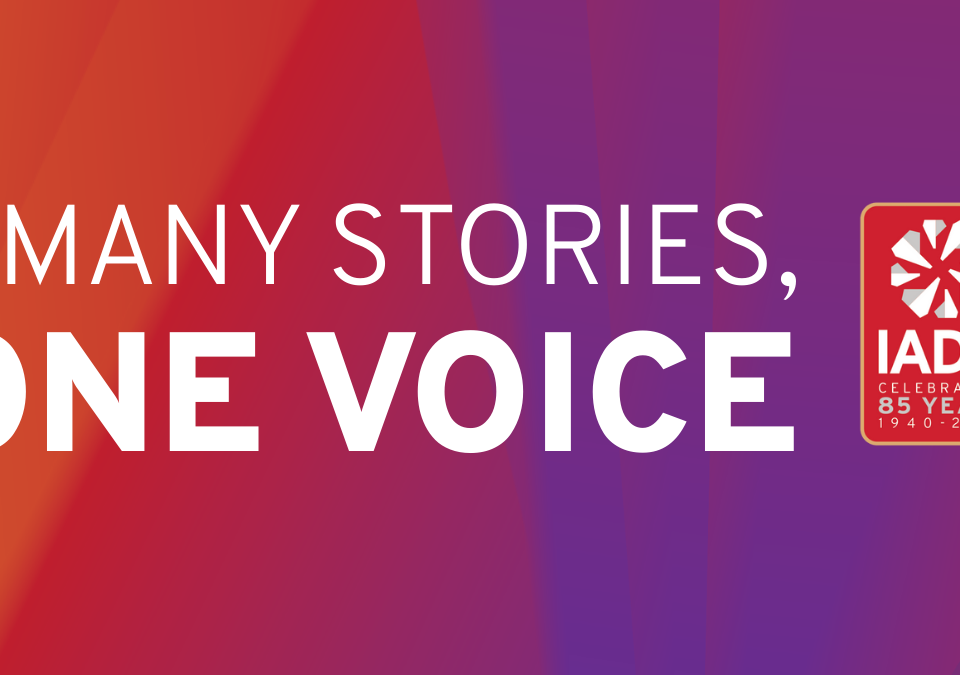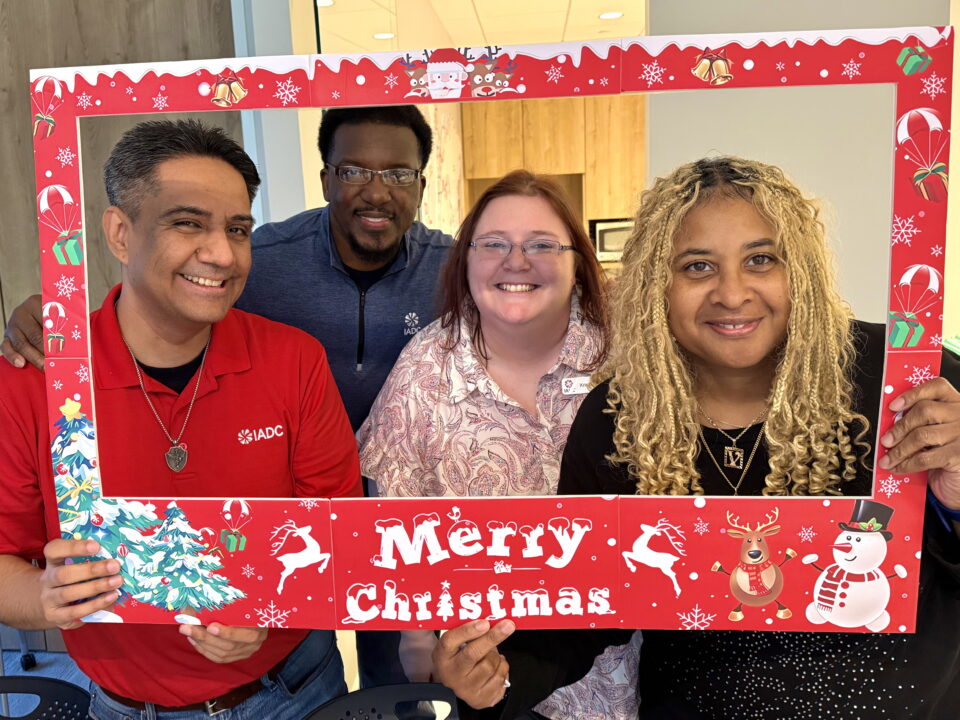07:30 Registration Lobby Foyer
07:30 Coffee Service & Exhibit Viewing Breezeway
08:25 Welcoming Remarks Auditório Lado A
Roberto Paschoalin, Regional Advisor – Brazil, IADC
08:30 Keynote Presentation: Jose Carlos Silveira Bruno, MSc, Master Petroleum Engineer & Human Factors Leader, Petrobras
09:00 Deepwater Drilling Panel
Moderator: Raphael Neves Moura, Interim Director, ANP
The panel will discuss what’s ahead, drilling market outlook, demand for rigs, and what Operators expect from Drilling Contracts to achieve the ESG goals.
- Decio Oddone, Director President, Enauta
- Ian Hammill, GM Wells Deepwater & Frontier Drilling, Shell
- Kjell Bersås, VP D&W Operations Brazil, Equinor
- Samuel Bastos Miranda, E&P Executive Superintendent, Petrobras
10:00 Coffee Service & Exhibit Viewing
Deepwater Drilling Session
10:30 New Multiphase Workflow Leads to Better, More Efficient Well Control Planning for Deep Water Conditions: Bjoern-Tore Anfinsen, Well Control Portfolio Manager, Inge Mosti, Waldemar Szemat-Vielma, Schlumberger
The well control planning efficiency can be significantly improved by using a new, automated workflow based on transient multiphase technology integrated in a collaborative well planning system. A dynamic kick tolerance evaluation for all sections can be performed in less than 15 minutes. The model is as easy to use as single bubble kick tolerance calculations. Significant model features like transient temperature and full compositional tracking result in modeling results of particular importance for deep water drilling as it gives high resolution in the transition from dissolved to free gas. The model will also enable evaluations of hydrate formation risk. The results from the workflow will be compared to an existing well control expert software and differences discussed and documented.
11:15 Methodology to Evaluate Safety Critical Events on Well Construction: Saulo Andre Osmari, Production Engineer, Agnaldo M. de S. Silva, Carolina M. Bussola, Gabriel S. Felipe, Igor S. Carmo, Leonardo F. Almeida, Lucas S. Rocha, Mauro C. Lins, Pedro R. Viveiros Costa, Tiago F. Pelissari, Petrobras
In 2020, the implementation of the EVA (Economic Value Added) management system in Petrobras raised several questions about how to quantify the creation of value in intangible issues, such as safety prevention and asset integrity. This case study presents a methodology to assess safety critical events in offshore drilling rigs. The presentation will share how to interpret intangible issues and quantify your value in an organization.
12:00 Luncheon & Exhibit Viewing Breezeway
Training & Maintenance Session
13:30 How Augmented Reality Solutions can enhance Training and Competency in the Offshore industry: Sofiane Bennaceur, Operational Excellence Advisor, ICM Group
The purpose of this presentation is to look at the possibilities that the Augmented Reality technologies allow in terms of training strategy in our Offshore industry. It covers three main themes: The present state of the art of AR technologies and a benchmark of the available devices. Their advantages and the obstacles to overcome for their usage acceptance offshore. The enhanced training activities that can be performed and their added value for drilling projects.
14:15 A Condition-Based Riser Maintenance Approach to Reliable, Cost-Effective Asset Management: Paulo Henrique Lopes, Program Manager, Gary White, NOV
The Condition based approach offers an alternative to a traditional time-based preventative maintenance (PM) frequency. Monitoring the actual load history of the equipment, along with a customized inspection schedule, an overall condition assessment of the riser system can be completed. Recommended maintenance, additional detailed inspections, and replacement parts are all determined based on the condition assessments performed continuously throughout the life of the riser system.
15:00 Adjournment





